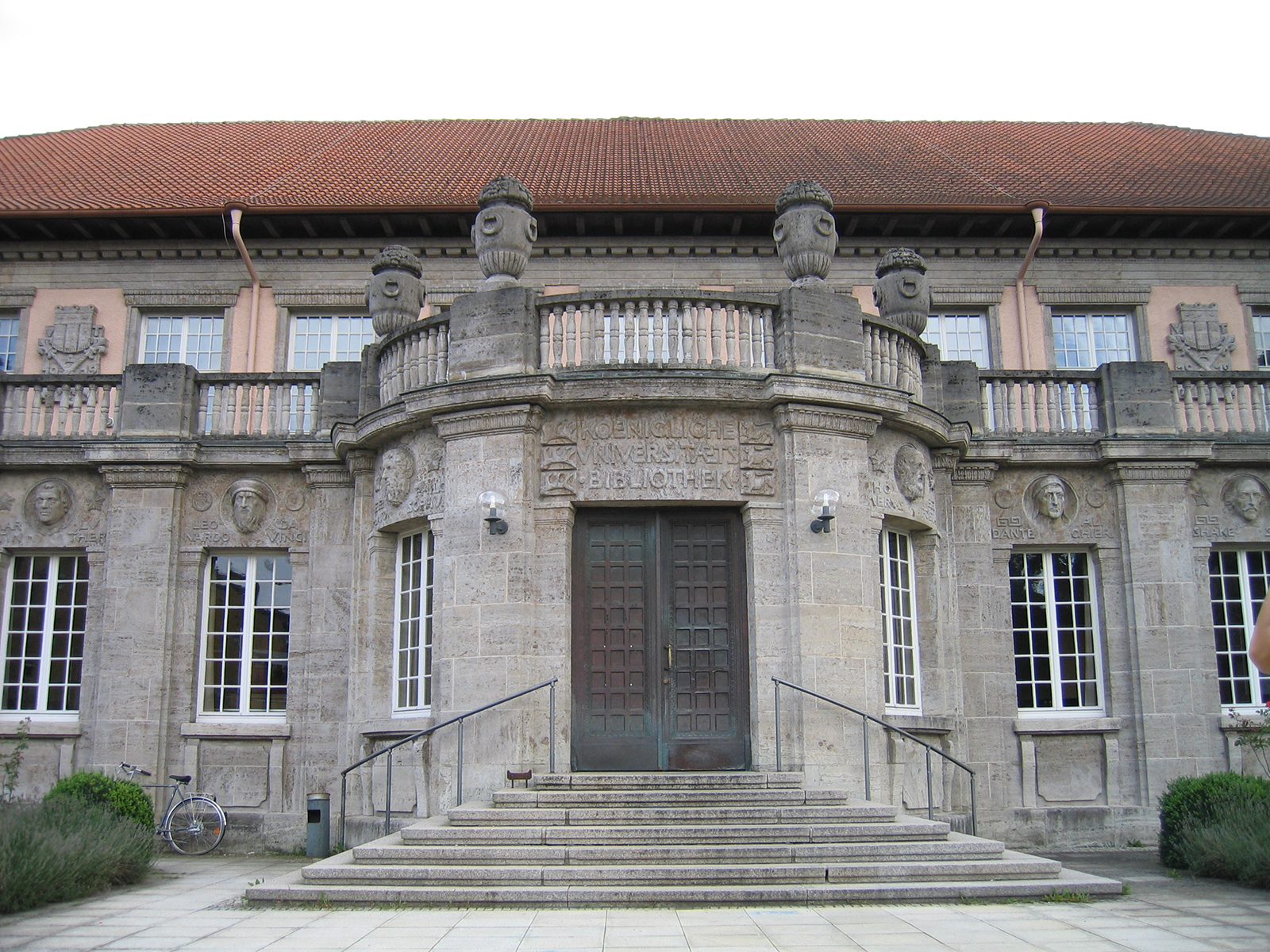University Of Tübingen Gets Support From Chan Zuckerberg Initiative
Type 2 pontocerebellar hypoplasia, PCH2 for short, is a rare neurological disorder. It is associated with severe developmental disorders and limited life expectancy. In order to find a suitable therapy for the disease, researchers from Tübingen and Freiburg have now joined forces with the parents’ initiative “PCH-Family eV”. In the “PCH2cure” project, they will conduct intensive research into the disease over the next four years. They will focus on topics that are of great importance for the quality of life of those affected, according to study leader Dr. Simone Mayer from the Hertie Institute for Clinical Brain Research, the University Hospital (Tübingen) and the University of Tübingen. The project is funded with two million US dollars (currently equivalent to 1.93 million euros) from the Chan Zuckerberg Initiative, like the charitable foundation of Facebook founder Mark Zuckerberg and his wife Dr. Priscilla Chan has now announced. In the current round of tenders, it is the only project outside the USA that is being supported.
“PCH2 is one of the most care-intensive neurological disorders. The patients live with severe impairments, and the disease has an enormous impact on the quality of life of those affected and their families,” reports Associate Professor Dr. Samuel Gröschel, Senior Physician in the Department of Neuropediatrics at the University Hospital in Tübingen and one of the clinical researchers in the project.
The reason for the disease is a genetic error that leads to certain parts of the brain not developing properly. “The underlying mechanisms are not yet exactly known. Therefore, we can only treat the symptoms with medication, such as the children’s unusual irritability and restlessness and their seizures,” adds Professor Dr. Ingeborg Krägeloh-Mann, Director Emeritus of Tübingen Neuropediatrics. So far, there is no cure or therapy that addresses the cause of the disease.
The interdisciplinary research team now wants to change that. In preliminary work, study director and biologist Dr. Simone Mayer and her team have already developed brain organoids from the skin cells of several patients. These are three-dimensional cell cultures that closely resemble natural tissue. Functional disorders can be easily reconstructed on them.
“Basic medical research has made enormous progress in recent years with the help of organoids,” says study leader and biologist Dr. Simone Mayer from the Hertie Institute for Clinical Brain Research. “They offer the opportunity to model disease mechanisms in the Petri dish, to intervene in them and thus to understand them better.” In the project that is now starting, the researchers use brain organoids to better understand the cellular and molecular mechanisms of the PCH2 disease. In addition, modern imaging is also used to examine the brains of those affected and thus analyze the disease at a system level.
Close cooperation between researchers and patient association. Left to right: Prof. Dr. Ingeborg Krägeloh-Mann, patient Jonas, nurse, PD Dr. Samuel Groeschel, Dr. Simone Mayer, patient Felix and father, Dr. Axel Lankenau.
“We are optimistic that our study will help in the long term to improve the quality of life of the affected children and their families and to extend their life expectancy,” says pediatrician Dr. Wibke Janzarik from the Clinic for Neuropediatrics and Muscle Diseases at the University Hospital in Freiburg. The “PCH2cure” project was initiated by the parents’ association “PCH-Family eV”. The close and cross-site cooperation between researchers, physicians and families plays a key role in this. “This is new in this form and could serve as a model for other research projects,” says Mayer.
The Chan Zuckerberg Initiative therefore not only supports pure research work: Around 400,000 US dollars (currently around 387,000 euros) of the total funding goes directly to the association. “The number of sick people in Germany is less than a hundred. We want to make PCH2 better known and expand knowledge about it,” explains Dr. Julia Matilainen, project manager in the association and mother of a small patient. “The funding allows us to reach out to the patient community worldwide and engage them in the research project.”

